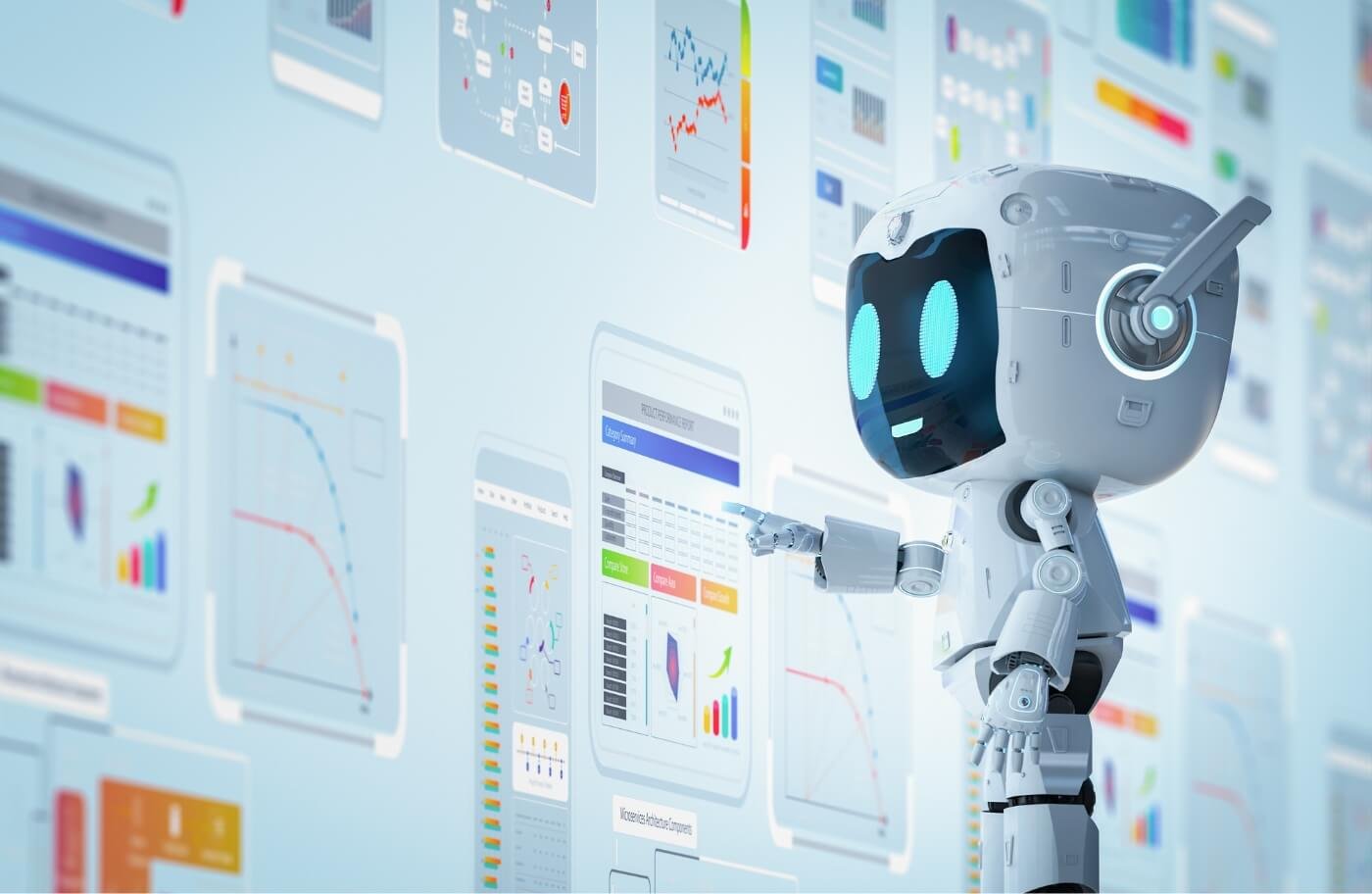
The Transformative Power of Artificial Intelligence (AI)
Artificial Intelligence (AI) has become a cornerstone of technological innovation, profoundly influencing industries, economies, and daily life. From healthcare to finance, education to entertainment, AI is reshaping how we interact with the world, offering opportunities and challenges that demand our attention. As the philosopher and technologist Kevin Kelly once said, “The business plans of the next 10,000 startups are easy to forecast: Take X and add AI.” This statement encapsulates the pervasive influence of AI in modern innovation.
The Evolution of AI
AI, as a concept, is not new. Its roots trace back to the mid-20th century when pioneers like Alan Turing laid the groundwork with ideas of machine learning and computational intelligence. Over the decades, advancements in computing power, data storage, and algorithm development have propelled AI from theoretical concepts to practical applications.
Key milestones include the development of expert systems in the 1980s, the emergence of machine learning in the 1990s, and the rise of deep learning in the 2010s. These advancements have enabled machines to perform tasks previously thought to be exclusively human, such as image recognition, natural language processing, and strategic decision-making.
Applications of AI Across Industries
1. Healthcare
AI is revolutionizing healthcare by improving diagnostics, personalizing treatment plans, and streamlining administrative tasks. Tools like IBM Watson and Google’s DeepMind have demonstrated the potential to analyze vast datasets to identify patterns that elude human experts.
For instance, AI algorithms have achieved remarkable accuracy in detecting diseases like cancer at early stages, often outperforming radiologists. As Dr. Eric Topol, a prominent cardiologist and digital health advocate, remarked, “AI won’t replace physicians, but physicians using AI will soon replace those who don’t.”
2. Finance
In finance, AI powers fraud detection, algorithmic trading, and customer service automation. Machine learning models analyze transaction patterns to identify anomalies, while robo-advisors provide personalized investment strategies to millions of users.
3. Education
AI-driven platforms like Duolingo and Khan Academy personalize learning experiences, adapting content to individual needs and progress. Virtual tutors and AI-powered grading systems are making education more accessible and efficient.
4. Entertainment
From Netflix’s recommendation algorithms to AI-generated music and art, the entertainment industry is leveraging AI to enhance creativity and user engagement. Generative AI tools like OpenAI’s GPT models are empowering creators to push boundaries.
Challenges and Ethical Considerations
While AI offers immense potential, it also raises significant ethical and societal concerns. Key issues include:
- Bias in Algorithms: AI systems can inadvertently perpetuate biases present in training data, leading to unfair outcomes in hiring, law enforcement, and credit scoring.
- Privacy Concerns: As AI systems collect and analyze vast amounts of personal data, ensuring privacy and data security becomes paramount.
- Job Displacement: Automation driven by AI threatens to disrupt job markets, necessitating reskilling and workforce adaptation.
AI ethicist Dr. Kate Crawford highlights these challenges, stating, “We need to think about power and responsibility in AI, not just the technology itself.”
The Future of AI
Looking ahead, the trajectory of AI is poised to bring even more transformative changes. Areas such as:
- General AI: Moving beyond narrow applications, researchers are exploring artificial general intelligence (AGI), where machines possess human-like cognitive abilities.
- AI in Climate Change: Predictive models and optimization algorithms are aiding efforts to combat climate change by improving energy efficiency and optimizing renewable energy sources.
- AI in Space Exploration: Autonomous AI systems are critical for navigating and exploring extraterrestrial environments, as seen in NASA’s Perseverance rover.
Conclusion
Artificial Intelligence is not merely a tool; it is a paradigm shift that challenges our understanding of work, creativity, and even humanity itself. As we navigate this transformative era, embracing a balanced approach that fosters innovation while addressing ethical concerns will be crucial.
As Sundar Pichai, CEO of Alphabet, aptly stated, “AI is one of the most important things humanity is working on. It is more profound than electricity or fire.” Harnessing its potential responsibly will define the trajectory of our shared future, ensuring that AI serves as a force for good.



Leave a Reply